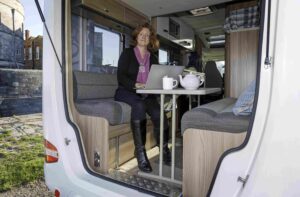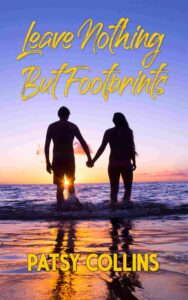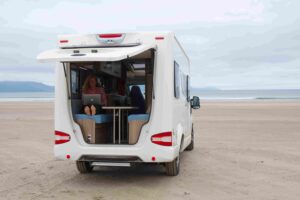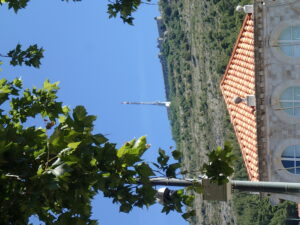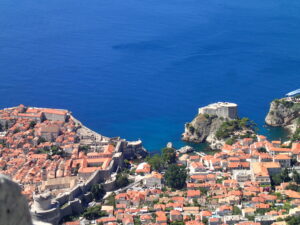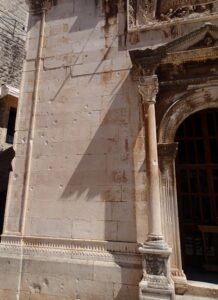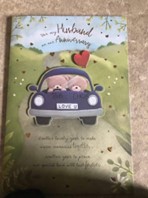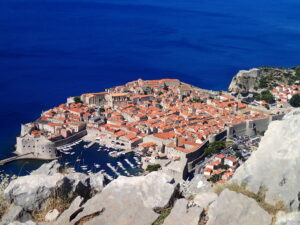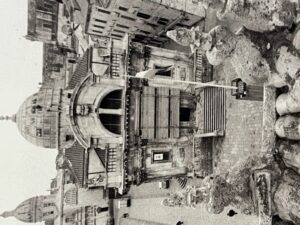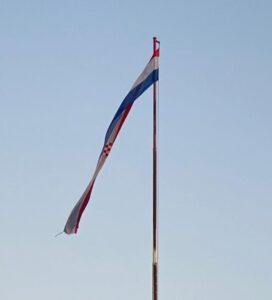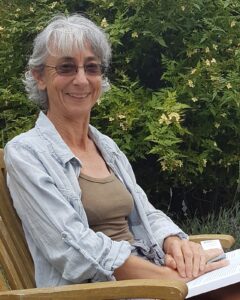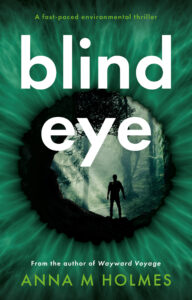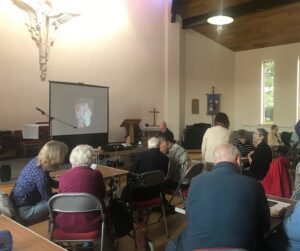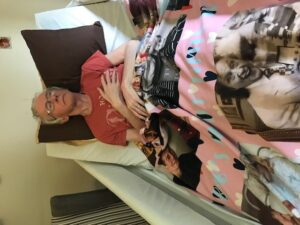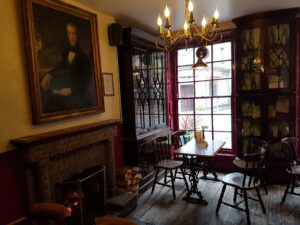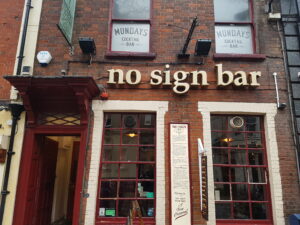My memoir ‘Always in the Dark’ tells of secrets, scandal and survival. It is an extraordinary account of my bizarre homelife and is my search for answers from a family shrouded in secrets. A mysterious tale of growing up, unbeknown to me, with my mother trapped in a menage a trois on a continent from which there was no escape, it tells of her selflessness, sacrifice and of putting others first.
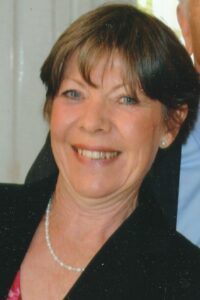 After my parents emigrated post war, my idyllic and cosy childhood was ruined at the age of three after the arrival of a mysterious and glamorous visitor with my roller coaster existence and mother’s mental breakdown adding to my confusion during my formative years.
After my parents emigrated post war, my idyllic and cosy childhood was ruined at the age of three after the arrival of a mysterious and glamorous visitor with my roller coaster existence and mother’s mental breakdown adding to my confusion during my formative years.
Although the first half of the mystery unfolded in the leafy suburbs of Cape Town, after moving to England at the age of fourteen the scandal continued to follow us around. It was obvious my home life was a weird one and it was only after my mother’s death decades later that I rummaged through her secret box and discovered a wealth of staggering information I did not know about, the unimaginable circumstances cleverly hidden from me during my early years. But I was a young child when it all began and the fact that I had lived my life to the point of naivety was beyond baffling. But it was my mother’s life-long confidante, her sister Linda, who supplied me with many missing pieces of the puzzle and whose revelations helped clarify many of my childhood mysteries including the reason why I was to be an only child.
Making my heinous discovery was difficult to grasp and the realisation that I had lived through the trauma as the child of the victim equally upsetting; rage, bitterness, anger and a disbelief that my childhood had been dismantled by greed and my mother treated with such humiliation consuming me. And because of the hurt and embarrassment my shocking revelation was not something I felt willing to talk about, least of all with my husband, a secret I kept from him for two long years.
The search for the truth sent me on numerous missions to talk with close friends and family only to discover that I was the last to know, hence the title ‘Always in the Dark’.
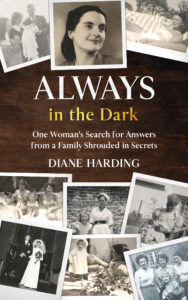 For too long domestic abuse has been a hidden issue and in order to raise aware of the horrors of coercive control I am now on a mission to encourage people to open up and tell their story which for me has been life changing. It is a known fact that it is particularly hard for older people to open up and will experience abuse for twice as long before seeking help compared to those who are younger. Writing my memoir has not been an easy ride but out of it has come great solace which has allowed me to come to terms with my past and move on. I did not want to be someone with a massive grudge, determined never to allow my past to spoil my future.
For too long domestic abuse has been a hidden issue and in order to raise aware of the horrors of coercive control I am now on a mission to encourage people to open up and tell their story which for me has been life changing. It is a known fact that it is particularly hard for older people to open up and will experience abuse for twice as long before seeking help compared to those who are younger. Writing my memoir has not been an easy ride but out of it has come great solace which has allowed me to come to terms with my past and move on. I did not want to be someone with a massive grudge, determined never to allow my past to spoil my future.
This is a book about final freedom, my openness which I hope will help others to come forward and speak out and to understand that however traumatic a situation there is hope and a way through to happiness. I am a firm believer that to experience the tough times gives us backbone in order to cope with what life throws our way.

